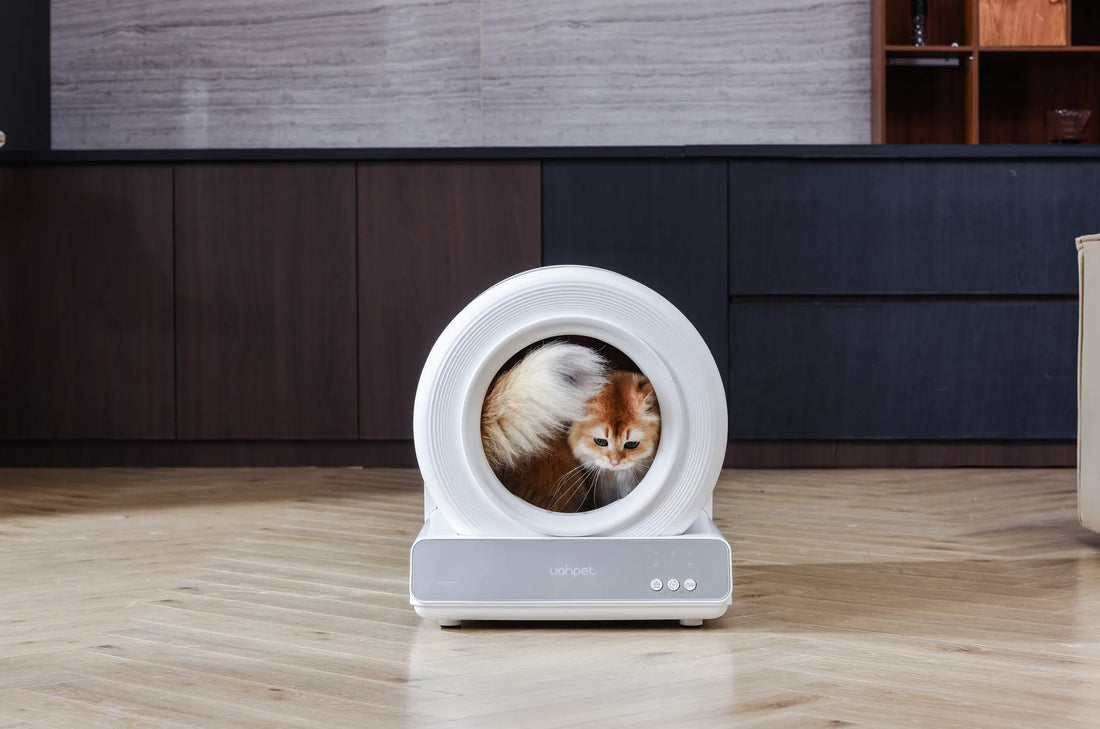It’s a scenario that leaves many pet owners scratching their heads: your dog sneaks into the litter box and starts eating cat poop. While this behavior might seem bizarre or even disgusting, it’s surprisingly common. Understanding why dogs engage in this habit, the potential risks it poses, and how to stop it can help you maintain a healthier and happier household for all your pets.
Why Do Dogs Eat Cat Poop?
Dogs eating cat poop, a behavior known as coprophagia, can stem from various reasons. One of the primary explanations is curiosity. Dogs are naturally inquisitive animals, and the litter box presents a treasure trove of new smells and textures. For some dogs, this curiosity leads to sampling—or outright consuming—cat feces.
Another reason is nutritional deficiency. If a dog’s diet lacks essential nutrients, they might seek out alternative sources of sustenance. Cat poop, rich in protein and fats from the cat’s diet, can be appealing to a dog with dietary imbalances.
Behavioral factors also play a role. Some dogs eat cat poop out of boredom or stress. If a dog is left alone for long periods or lacks mental stimulation, they might turn to this behavior as a way to pass the time. Additionally, dogs are pack animals, and in some cases, they might mimic the behavior of other animals in the household.
The Health Risks of Dogs Eating Cat Poop
While coprophagia might seem harmless, it can pose significant health risks to your dog. Cat feces can contain harmful bacteria, parasites, and pathogens that can make your dog sick. For example, Toxoplasma gondii, a parasite commonly found in cat poop, can cause toxoplasmosis in dogs. Symptoms of this condition include lethargy, fever, and gastrointestinal issues.
Another concern is the transmission of intestinal parasites like roundworms and hookworms. These parasites can thrive in cat feces and infect your dog if ingested. In severe cases, parasitic infections can lead to weight loss, anemia, and other health complications.
Additionally, the litter itself can be hazardous. Many types of cat litter contain chemicals or clumping agents that can cause digestive blockages or irritation if ingested by dogs. Ingesting litter along with cat poop can exacerbate these risks.
How to Prevent Your Dog from Eating Cat Poop
Preventing your dog from eating cat poop requires a combination of management, training, and environmental adjustments. Here are some effective strategies to curb this behavior:
1. Restrict Access to the Litter Box
One of the simplest ways to prevent your dog from eating cat poop is to restrict their access to the litter box. Place the litter box in a location that’s easily accessible to your cat but out of reach for your dog. For example, you can use baby gates or install a cat door to create a barrier.
2. Clean the Litter Box Regularly
Keeping the litter box clean reduces the temptation for your dog. Scoop the litter box at least once or twice a day to remove cat poop promptly. This not only discourages your dog but also promotes better hygiene for your cat.
3. Provide a Balanced Diet
Ensure your dog is receiving a nutritionally balanced diet that meets all their dietary needs. If you suspect a nutritional deficiency, consult your veterinarian to adjust their diet or recommend supplements.
4. Increase Mental and Physical Stimulation
Boredom and lack of exercise can contribute to coprophagia. Provide your dog with plenty of mental and physical stimulation through interactive toys, regular walks, and training sessions. A tired and engaged dog is less likely to seek out undesirable behaviors.
5. Use Deterrents
There are commercial deterrents available that can make cat poop less appealing to dogs. These products are typically added to the cat’s food and pass through their system, altering the taste of their feces. Always consult your veterinarian before using any deterrents to ensure they’re safe for both your cat and dog.
6. Train Your Dog
Training your dog to leave the litter box alone can be effective. Use positive reinforcement techniques to reward your dog for ignoring the litter box. Commands like “leave it” or “stay” can be helpful in redirecting their attention.
When to Seek Veterinary Advice
If your dog continues to eat cat poop despite your efforts, it’s important to consult your veterinarian. Persistent coprophagia could indicate an underlying health issue, such as a nutritional deficiency or gastrointestinal disorder. Your vet can perform a thorough examination and recommend appropriate treatments or dietary changes.
Additionally, if your dog shows signs of illness after eating cat poop, such as vomiting, diarrhea, or lethargy, seek veterinary care immediately. Early intervention can prevent complications and ensure your dog’s well-being.
Creating a Harmonious Household
Living with multiple pets can be rewarding, but it also requires careful management to ensure everyone’s needs are met. By understanding the reasons behind your dog’s behavior and taking proactive steps to address it, you can create a healthier and more harmonious environment for both your dog and cat.
Remember, patience and consistency are key. Breaking a habit like coprophagia takes time, but with the right approach, you can successfully prevent your dog from eating cat poop and enjoy a cleaner, safer home for all your furry friends.
Don’t let this quirky behavior disrupt your household. Take action today to protect your dog’s health and maintain a peaceful coexistence between your pets. With the right strategies, you can put an end to the litter box raids and ensure a happier, healthier life for everyone involved.













